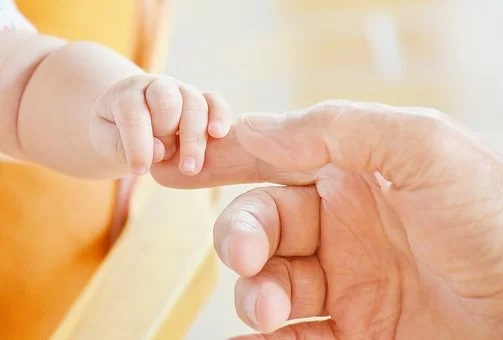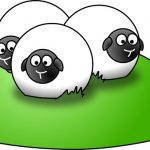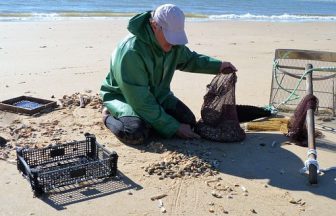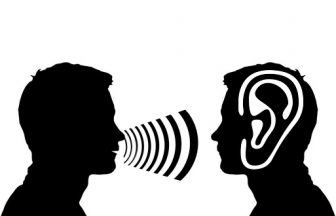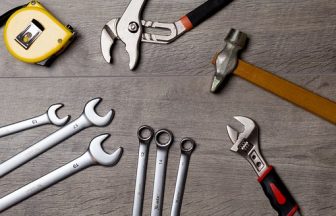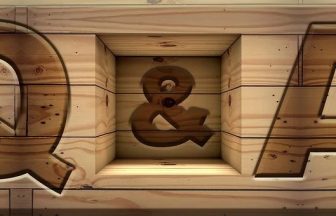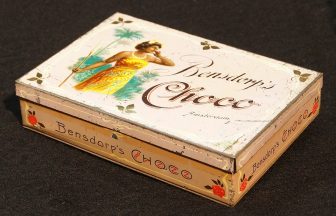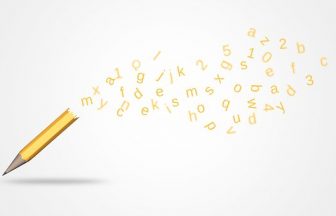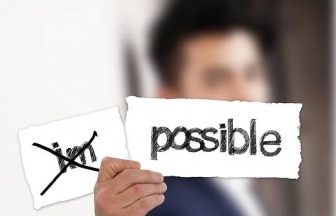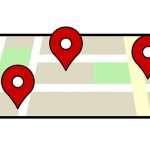「こども」|「child」「kid」「baby」「youth」「toddler」「teenager」の違いと使い方
「こども」を表すとき日本語は大雑把に「赤ん坊」「こども」くらいで間に合わせることが多い。
英語の使い分けを覚えておきましょう。
「こども」|「child」「kid」は14、15歳までの子供
child は生まれてから14、15歳くらいまでの子供をさすときに使われる語。くだけていうときは kid を使う。
男の child は boy、女の child は girl という。
元気の源。
A smile on her child’s face always picked her up. (我が子の笑顔で彼女の気分はいつも明るくなりました)
※ pick … up「元気にする」
子育てに忙しい時期。
They devoted all of their time during their thirties and forties to raising their children. (30代、40代の頃、二人は子育てに明け暮れていたのです)
※ raise「育てる」
三世代同居の多い県もある。
We leave our children with my parents before we go to work. (私たちは朝子供たちを両親に預けてから仕事にでかけます)
子どもの立場からいうと、
The boy was brought up by his grandparents when he was a little child. (その少年は幼いころ祖父母に育てられました)
「こども」|「baby」は乳幼児
baby は乳幼児をいうときに使われる語。かたい表現では infant という。
ちなみに怪獣映画に出てくる「モスラ」誕生の島「インファント島」は Infant Island である。
おばあちゃんが、
My grandmother often amuse my baby by playing peekaboo. (おばあちゃんがよくいないいないばあをしてうちの赤ん坊をあやすんです)
※ peekaboo「いないいないばあ」
弟ができると、
Our daughter is starting to act like a big sister now that she has a baby brother. (娘は弟ができて幾分姉さんらしくなった)
もうすぐお父さん、お母さんになるカップルが言います。
Just thinking about the coming baby makes me feel happy. (子供が生まれてくると思うとウキウキするんです)
「こども」|「youth」は15歳以上の子供
youth は15歳以上の子供、特に男子をいうときに使われる語。
youth はかたい表現なので一般には young people というのが普通。
携帯が離せない。
Today’s youth cannot live without their cellphones. (今の若者は携帯電話がないと生きていけません)
苦労をした方は、
My grandfather really hates talking about his youth. (祖父は若いころのことを話すのをとても嫌がります)
青春の思い出は、
Many people bury the bitter old memories of their youth deep in their heart. (多くの人は青春の苦い思い出を胸の奥底にしまいこんでしまう)
※ bury「埋める、忘れる、葬ってしまう」(発音に注意! この語は、発音はイギリスの Kent 方言から、つづりはイギリス南部方言からきたため、綴りと発音が一致しない)
「こども」|「toddler」はよちより歩き
toddler はよちよち歩きができるようになった幼児を表すときに使われる語。
階段は、
The toddler crawled up the steps. (その幼児は階段をはってあがりました)
「こども」|「teenager」は13歳から19歳
teenager は13歳から19歳までを呼ぶときに使われる語。日本語の「十代」は10歳からであるが、英語の teenager は13歳からであることに注意。英語の ten, eleven, twelve は -teen ではないので日本語とは年齢の切り方が異なる。
親がけむたい時期。
Teenagers distance themselves from their parents. (十代の頃は親を煙たがるものです)
※ distance oneself from …「~距離をおく、~から遠ざかる」
若者が多い店。
Our customers are mostly teenagers. (我が社の顧客の大部分は十代です)
歯の手入れが悪いと、
The boy was told that his teeth were unbelievable brittle for a teenager by a dentist. (少年は十代とは思えないほどもろい歯だと歯科医に言われました)
※ brittle「もろい」 dentist「歯科医」
まとめ|「こども」「child」「kid」「baby」「youth」「toddler」「teenager」
child は14、15歳までの子ども。くだけて kid という。
baby は乳幼児
youth は15歳以下の子ども
toddler はよちよち歩き
teenager は13歳から19歳
